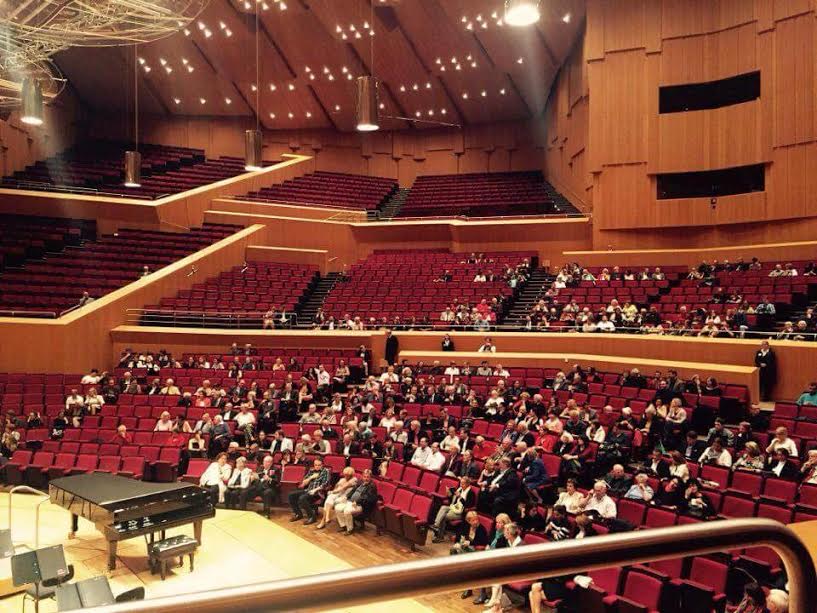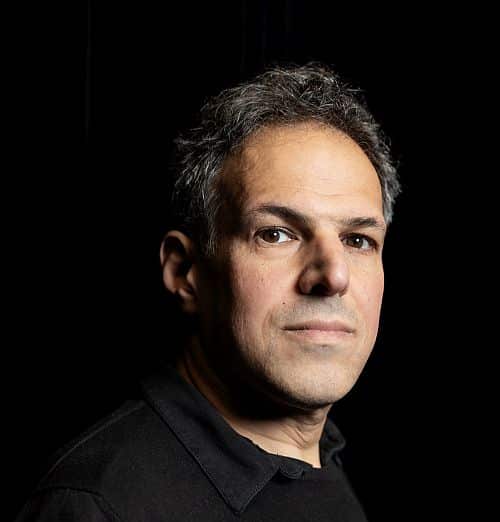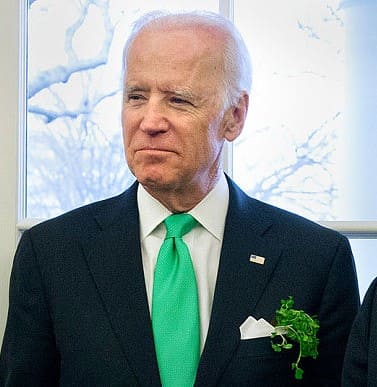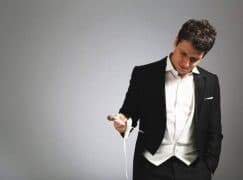After the lockdown ends(2), concerts will be shorter
mainThe second in a short series:
We are starting to forsee a future in which Covid restrictions are gradually eased and life returns to a simulacrum of normality, but not as it was before.
Concerts, for instance.
There will have to be distancing for many months, maybe a year or more, both among the musicians on stage and in the audiece.
That means smaller attendances, lower revenues, less takings at the bar.
How do we maintain concerts without going bankrupt?
One solution being considered is to split concerts into two, each lasting an hour. The first would start at 7 and end at 8, followed by an hour’s deep-cleaning of the hall. The second concert would start at nine.
It’s not a bad idea. Think of it as an opportunity.
The early concert will attract the straight-from-work crowd, in for a musical fix and home in time for dinner.
The second show will draw the young about-town set and the after-dinner oldies.
These are very clear demographics and they will require very different concert planning.
Which we will consider in greater detail tomorrow.
See also: Mahler will be smaller.

Next: After the lockdown ends(3), the music will change





Comments